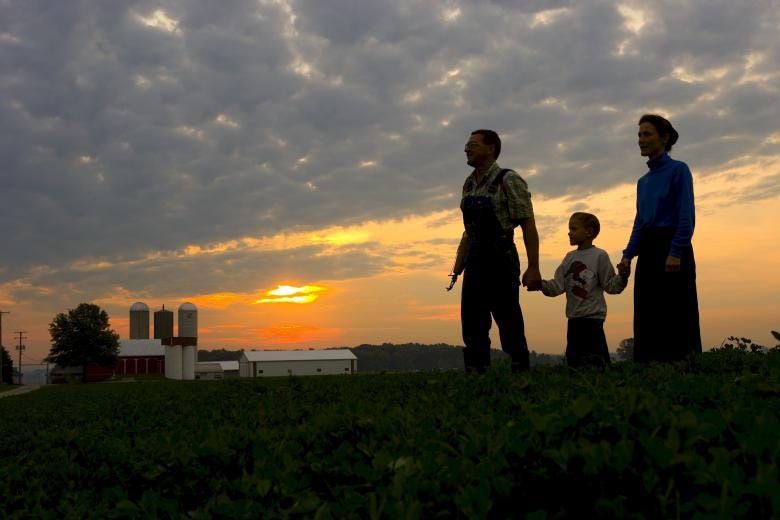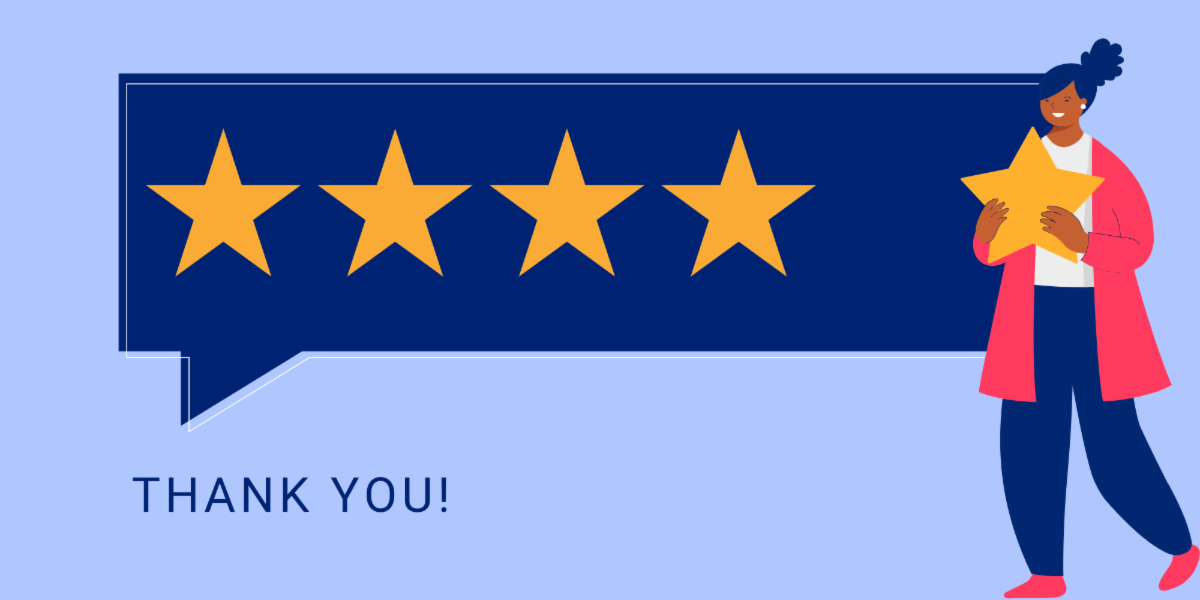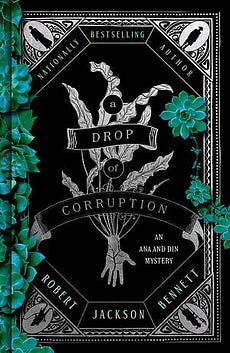I used to be a farmer. I should say, I used to be a farmer the way farmers used to be. I raised pigs, chickens, goats, and cows. I tried to raise ducks and geese, but they flew away. I had a quarter acre garden and grew acres of buckwheat and corn. I helped the neighbors put up their hay, cut their wood, and tap their trees for a share. I butchered my own livestock, made cheese, and picked and pressed my own apples. I built barns, walked fence, pruned grapes, and fixed my own truck and tractor when they were broken down, which was often. That’s how I used to be a farmer. That’s not the way people farm anymore; not usually. Farming is now a big business. They have big tractors, big fields, big silos, and big, big, big debt. Farmers are often employees, answerable to people who are not farmers and have never seen the farm; who sit in glass towers in the big city and move money around. I had a small farm. The most livestock I had at any time was thirty-five pigs, a couple dozen chickens, ten goats, and a couple cows. Farms these days will have thousands of swine, tens of thousands of hens, hundreds of milk cows, and seldom any goats; but they will have only one kind of livestock on each farm. Everything is specialized and ruthlessly efficient. I started farming when farming had already begun to change. I should have realized it then, when some neighbors started to cut down the hedgerows to make big fields, so they didn’t waste time turning their big tractors around. I kept mine for the windbreak and the fence line and because I liked the way they looked and the sanctuary they gave to wildlife. The big farms spread chemical fertilizer and confined their critters to crates. My livestock spread the fertilizer for me because I let them wander over a pasture. The big farmers spray weeds. I hoed them. They practice what they call scientific farming. By scientific, they mean they choose one thing that can be measured by the end of the season, like yield per acre, and devote everything to improving that. They don’t take into account the pollution they cause, the people they displace, or how the food tastes. This is sloppy science. They profit from an economy of scale. I didn’t make much money; but, with growing my own food, building my own house, and having no debt, I didn’t need much money. Six thousand a year was all we needed to pay the bills. In some ways industrial farming has been a good thing, they tell us. It has made food cheap. Maybe; but let me tell you what else it’s done. It put most people out of the farming business and they had had no good place to go. It destroyed farm towns and polluted farm country. When I return to Bath, NY, where I used to farm, stores are vacant, and buildings are in disrepair. Where marginal land was once pasture, it’s now grown to brush. The principle employers are opioids and crystal meth; and the people are bitter and zonophobic. Farming country is not what it used to be. Why do I bring this up here, where I usually write about mental health and the art of therapy? For one, to say there’s a mental health crisis in farming communities, and it’s not caused by drugs, genetics, or a chemical imbalance in the brain. There’s nothing wrong with the people. The devil is the economy, businesses, and policy makers who cared about nothing other than immediate profits and efficiency. But mostly I bring it up because farming is not the only thing I’ve done. I’ve also been in the health care field. I see health care going the same way. For the past eight years, I’ve been in private practice, which is the health care equivalent to the family farm. Before that, I was more than twenty years in a community clinic that got taken over by a sprawling corporation, what I came to call a head shrinking factory. I began with a caseload of twenty-five and ended up with two-hundred and twenty-five. In school I was taught to let people talk, set their own goals, and cultivate the wisdom within them. In the head shrinking factory, I was told to apply what they call evidence-based practices, reduce symptoms, and get them back to work. Understanding is sacrificed to efficiency. The day the corporation told me I had to start doing my paperwork while I was seeing clients, I knew I had to go. Now, when I go to my doctor, that’s what he does. He sits at a computer and types as I talk; then the computer tells him what to prescribe, what tests to run, and what other specialists to send me to. They say industrial medicine gives the public more access to better care. I haven’t seen that and I’ll tell you what else it does. It reduces patients to quantifiable symptoms and health care workers into unthinking and unfeeling machinery. Can we really call it care when the humans are removed? I would urge anyone who’s a health care worker or patient to take a drive out in the countryside. Get far enough out of the city to where city people don’t have their vacation homes, into flyover country. Look around. If you can find a diner that’s open, stop and chat. See the buildings falling into ruin, the monstrous monocultured fields where no one lives, and the people without hope, overlooked till they can’t take it anymore. In a few years, you, too, will be entirely shoved to the margins like them. Is that what you want? You're currently a free subscriber to The Reflective Eclectic. For the full experience, upgrade your subscription. |
Monday, 31 March 2025
Is Your Doctor Going the Way of the Family Farm?
Reminder: We Want To Hear From You!
| |||||||||||||||||||||||||||||||||||||
| |||||||||||||||||||||||||||||||||||||
|
Sunday, 30 March 2025
Book Review: A Drop of Corruption
A Drop of Corruption (The Shadow of the Leviathan #2) The hapless Dinios Kol has seen a lot of strange things during his time with the mercurial but brilliant imperial investigator Ana Dolabra, but in the canton of Yarrowdale at the edge of the empire, it seems as though Ana has met her match in the form of a criminal of such intelligence and cunning that is seems as though they can predict her every move well before she makes it. After a Treasury officer disappears from a locked room in a tower under constant surveillance, Ana and Din are summoned to investigate, as Yarrowdale is the site of one of the empire's most critical and sensitive sites: the notorious Shroud where magical experiments are conducted to push the boundaries of the magic that keeps the empire running. The further they delve into the tangled politics of Yarrowdale, the thornier problem grows. Soon enough, they find that they have bigger problems than a missing Treasury agent, for their road leads to the hornet's nest of Yarrowdale's royal politics– and into the foundations of the empire itself. The locked room mystery is a staple of the mystery genre: if all the doors and windows were locked from within and the murder victim was alone, then how was crime done? The whodunnit is almost secondary to the crime's basic logistics. Throw a world of magic into the mix, and the questions grow even thornier. When strange magics can grant people heightened senses, increase their intelligence, or give them eidetic memories, then how does a man disappear from a locked tower room without a trace? And what does it mean when the trail of evidence leads Dinios and Ana toward a deeper mystery pointing directly at the heart of the aging empire they serve? The Tainted Cup introduced readers to this world where monstrous blood produces weird magic, and A Drop of Corruption asks what it means to live in such a world. To find the culprit, Ana and Din must investigate the notions of power and empire and how these things affect the ordinary people in their world. That's not to say that the author is didactic about his messages. Robert Jackson Bennett might not be the most subtle author, but the questions his characters ask are interesting, and they don't always come up with the most straightforward answers– if they come up with answers at all. It's not as though anyone can solve the riddle of "what do we do about our aging, brittle empire when it's the only thing holding back a destructive force?". For Din, as it is for most of us, the only answer to that is, "we do the best we can". He stumbles through a quagmire of an investigation until he gains his footing and starts to piece things together. And then there's Ana Dolabra, the Holmes to Din's (and our) Watson, whose gifts grant her extraordinary abilities of observation and intellect. And whole it's difficult to initially see where her leaps of logic come from, there is always an explanation in the end. The clues are all there, if we have the wits to see it. Like Din, we the readers usually don't see all the pieces, but by the end we know where they were the whole time. The twists are predictable, if you're as clever as Ana and know where to look. Fortunately for the ordinary reader, those twists are difficult to see coming, and so the mystery is compelling throughout the book. The world building and development of the magic system continues apace, as well. The Tainted Cup was heavy on both elements, but Bennett crafted a narrative that managed to explain the basics of an empire under threat and the magics that kept it safe without belaboring the point. A Drop of Corruption builds upon that foundation and expands the world so the reader can get a clearer idea of how brittle the empire truly is, and what that could mean for its people. But while A Drop of Corruption provides empire-level world building and questions the nature of empire, it is, at its core, a story of one beleaguered man just trying to get through each day unscathed. Dinios Kol is a sympathetic character who is relatable enough to lead readers through the complexities of this strange world and its even stranger magics. The mysteries are compelling, the ideas rich, and the whole package is a fascinating page-turner that leaves the reader wanting the next book as soon as possible. — Thank you to NetGalley and Random House for the advance copy for review. Traveling in Books is free today. But if you enjoyed this post, you can tell Traveling in Books that their writing is valuable by pledging a future subscription. You won't be charged unless they enable payments. © 2025 Kim and the Cat |
The Deflection Gambit
The liberal gaslighting over the horrific Charlie Kirk assassination shows they cannot recognize reality. ͏ ͏ ͏ ͏ ͏ ...
-
On March 26, 2024, Associate Policy Director Brianna January submitted written t...






